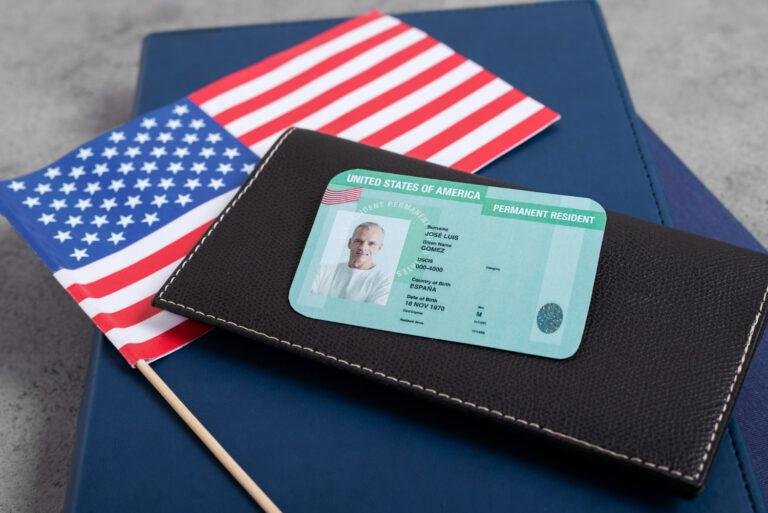Tetrahydrocannabiphorol (THCP), also known academically as (-)-Trans-9-tetrahydrocannabiphorol, is a naturally occurring cannabinoid and analogue of THC that is found in different strains of cannabis.
It is believed to be 33 times more potent than THC at activating cannabinoid 1 (CB1) receptors, resulting in a potent and addictive euphoric high.
Contradictory federal regulations hamper the legality of THCP. It isn’t expressly categorised as a controlled substance, and the 2018 Farm Bill might provide protection. However, many think it’s an illicit substance and should be covered by the Federal Analogue Act (FAA).
The discovery of THCP has sparked a significant storm. The cannabis community is in a complete frenzy just at the prospect of a cannabinoid that is more potent than THC.
What more is there to learn about THCP for sale? How did it get found? What results does it have? Does it aid you in any way?
When and how was THCP found?
An open-access Scientific Reports journal article titled “A new phytocannabinoid isolated from Cannabis sativa L. with an in vivo cannabimimetic activity higher than 9-tetrahydrocannabinol…” published on December 30, 2019, was the first to reveal THCP to the public.
Even the most casual cannabis consumers will become curious just by reading the title.
Which new cannabinoid is it? How did it get found? What does this imply for the cannabis industry as a whole?
The accidental discovery of THCP
An Italian research team carried out the investigation. Using cutting-edge mass spectrometry and liquid chromatography technologies, they examined a natural (not manufactured) cannabis sample (FM2) provided by the Military Chemical Institute in Florence, Italy.
The researchers were able to thoroughly investigate the plant matter thanks to the mass spectrometry & liquid chromatography analyses. THCP was unintentionally discovered via this procedure. a complete accident
What benefits might THCP offer your body and you?
We don’t yet have all the answers to this question, but it’s excellent. Before we can state with some degree of certainty what THCP can do for you and your body, more research needs to be done.
The Italian researchers discovered several physiological impacts when researching how THCP affects human cannabinoid receptors, including:
- Hypomobility
- Pain-relief (analgesia)
- decrease in rectum temperature
The effects of THC-P are nearly identical to those of THC but with more potency. Pain alleviation could probably be stronger. It might also be a more effective sleep aid for people with insomnia.
We can only speculate what it might be useful for in the future without any other compelling data to back up its therapeutic application.
With the increased potency, some people will enjoy themselves recreationally. A cannabis strain or product high in THCP may result in a “high” that has some potent effects.
The effects may be stronger when combined with another CBD, making them more sedating, stimulating, or calming.
Have you unintentionally been ingesting THCP?
You’ve probably accidentally taken THCP at least once throughout your life.
Many now feel that a combination of THC and THCP, as opposed to THC alone, can result in an extremely potent and unexpected “high.” This is logical.
When cannabis chemicals are found, they do not immediately start to exist. They have been present at all times.







